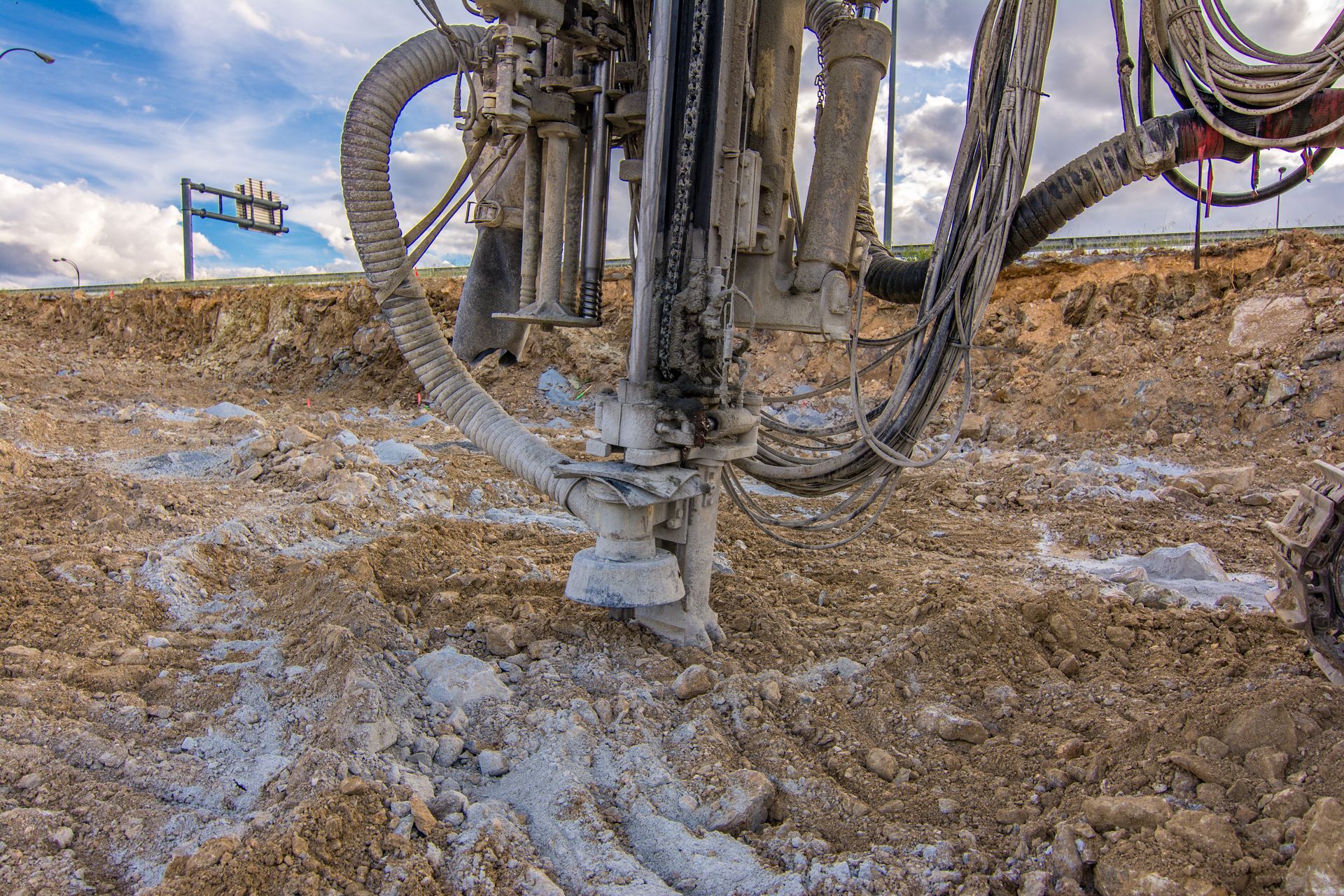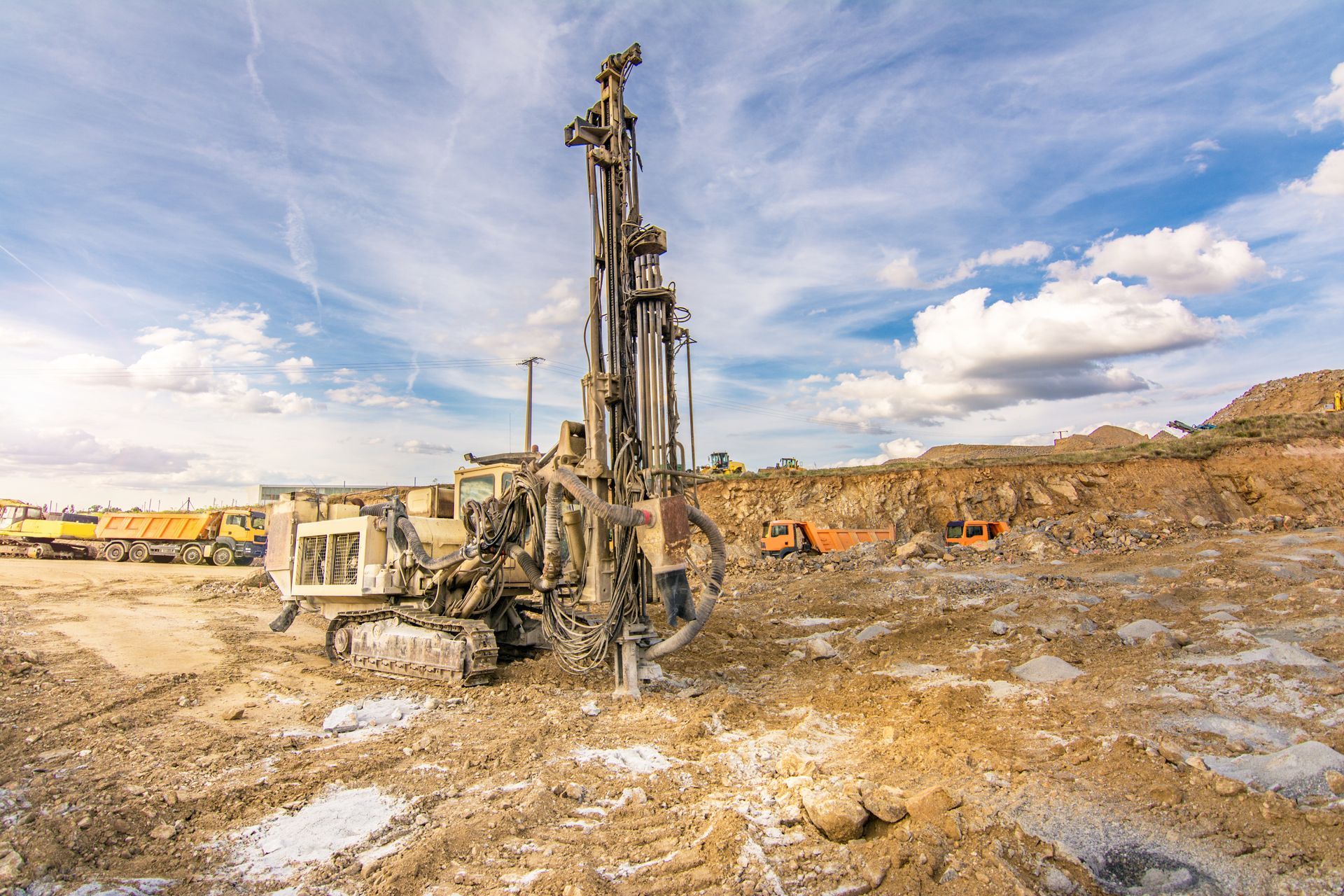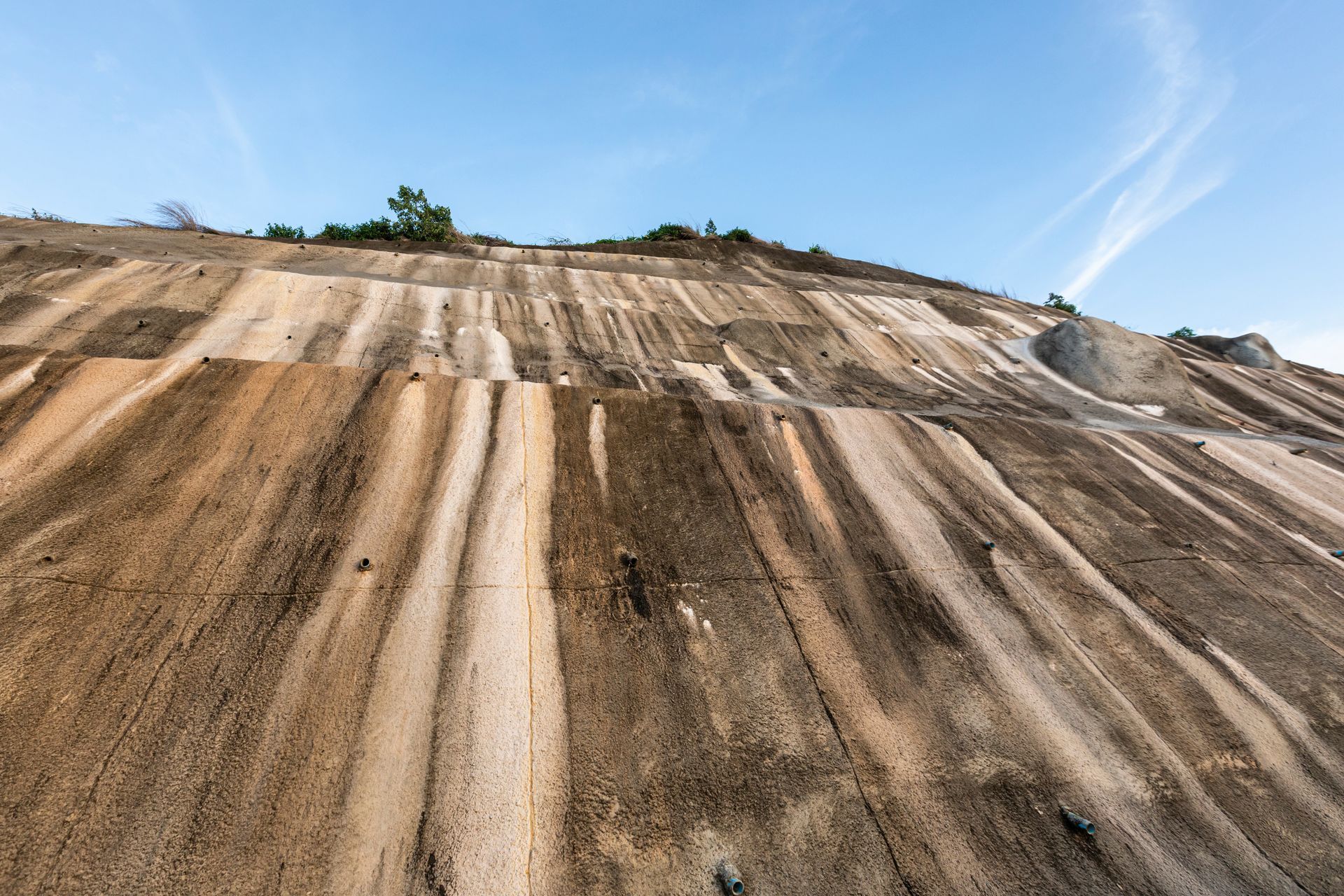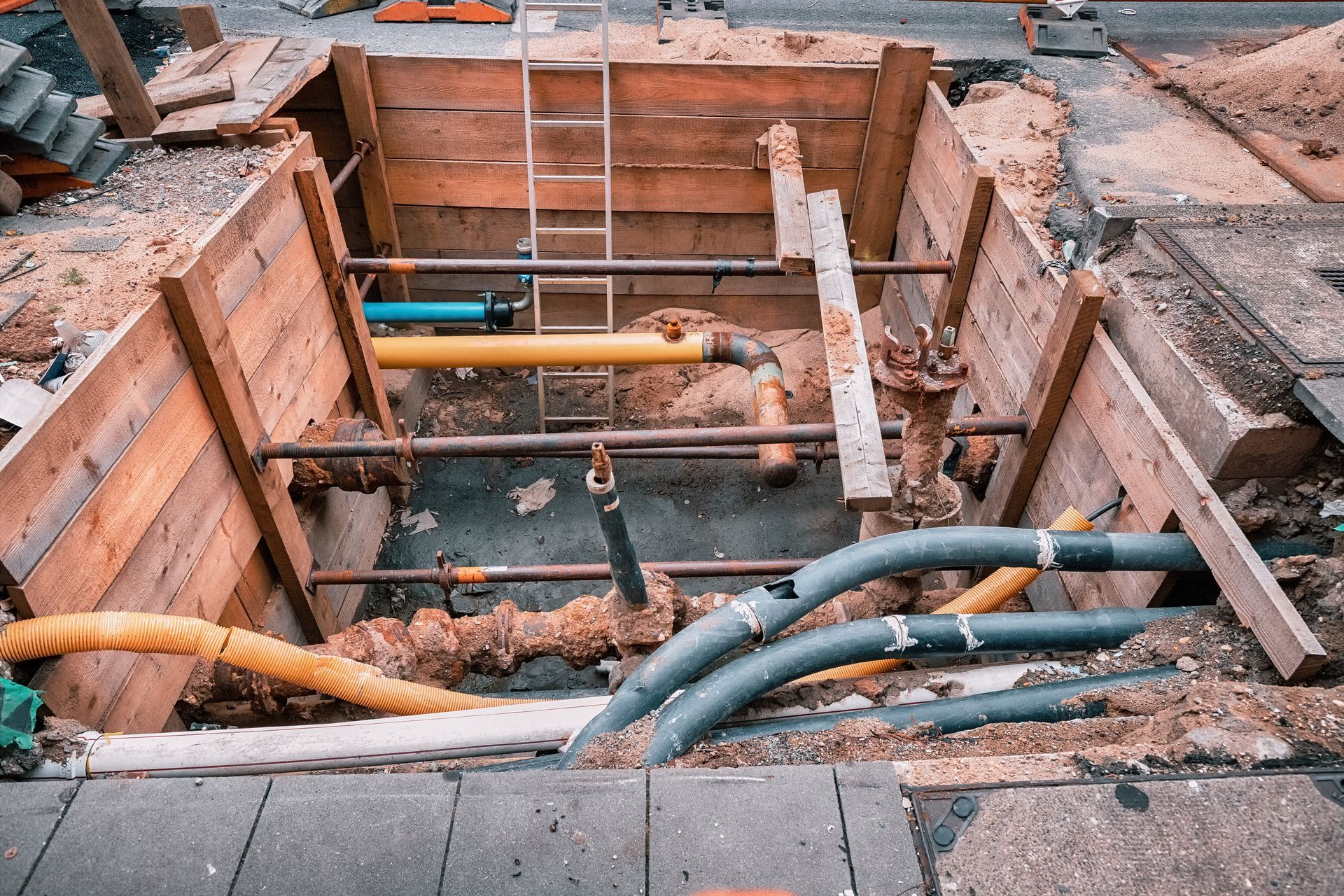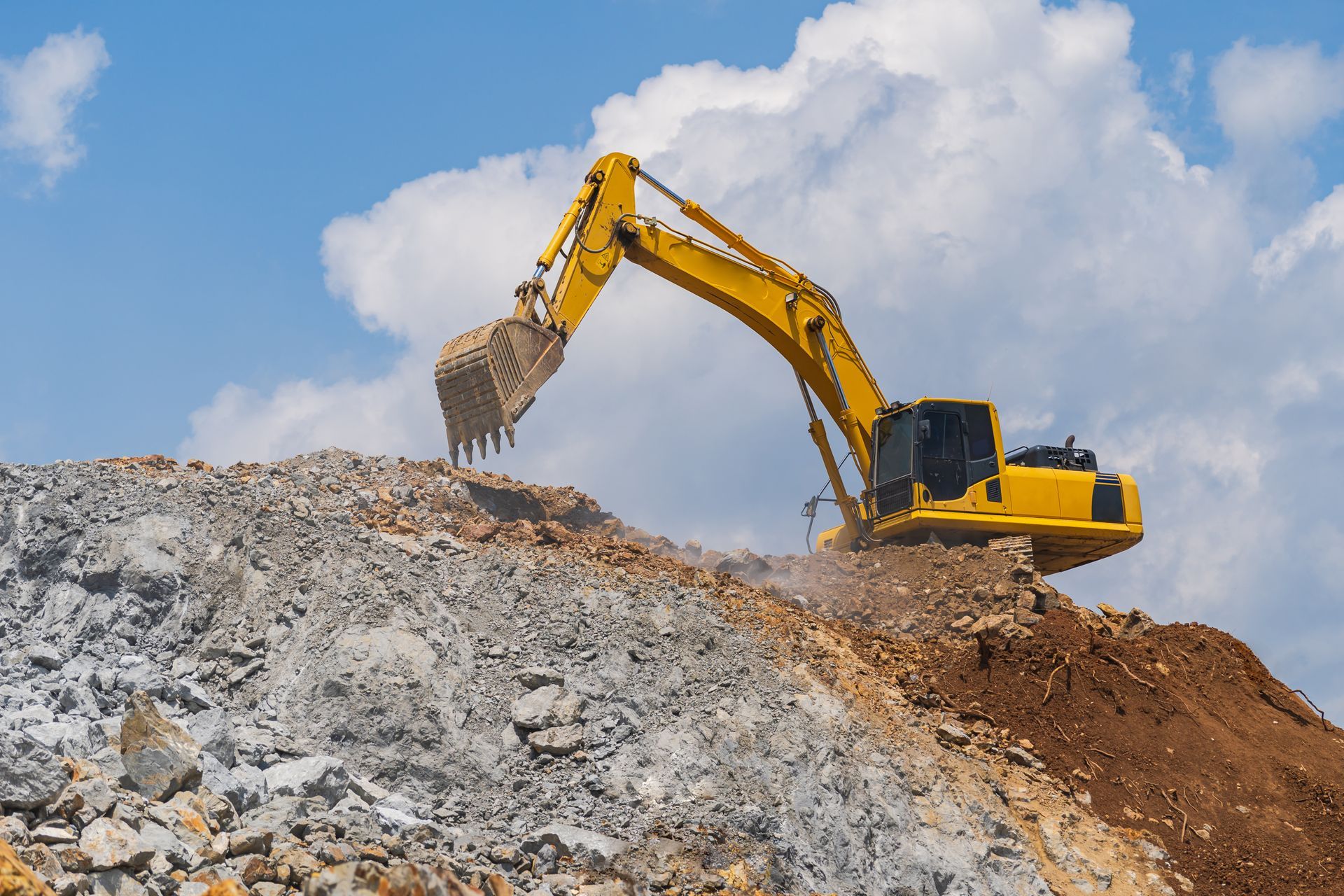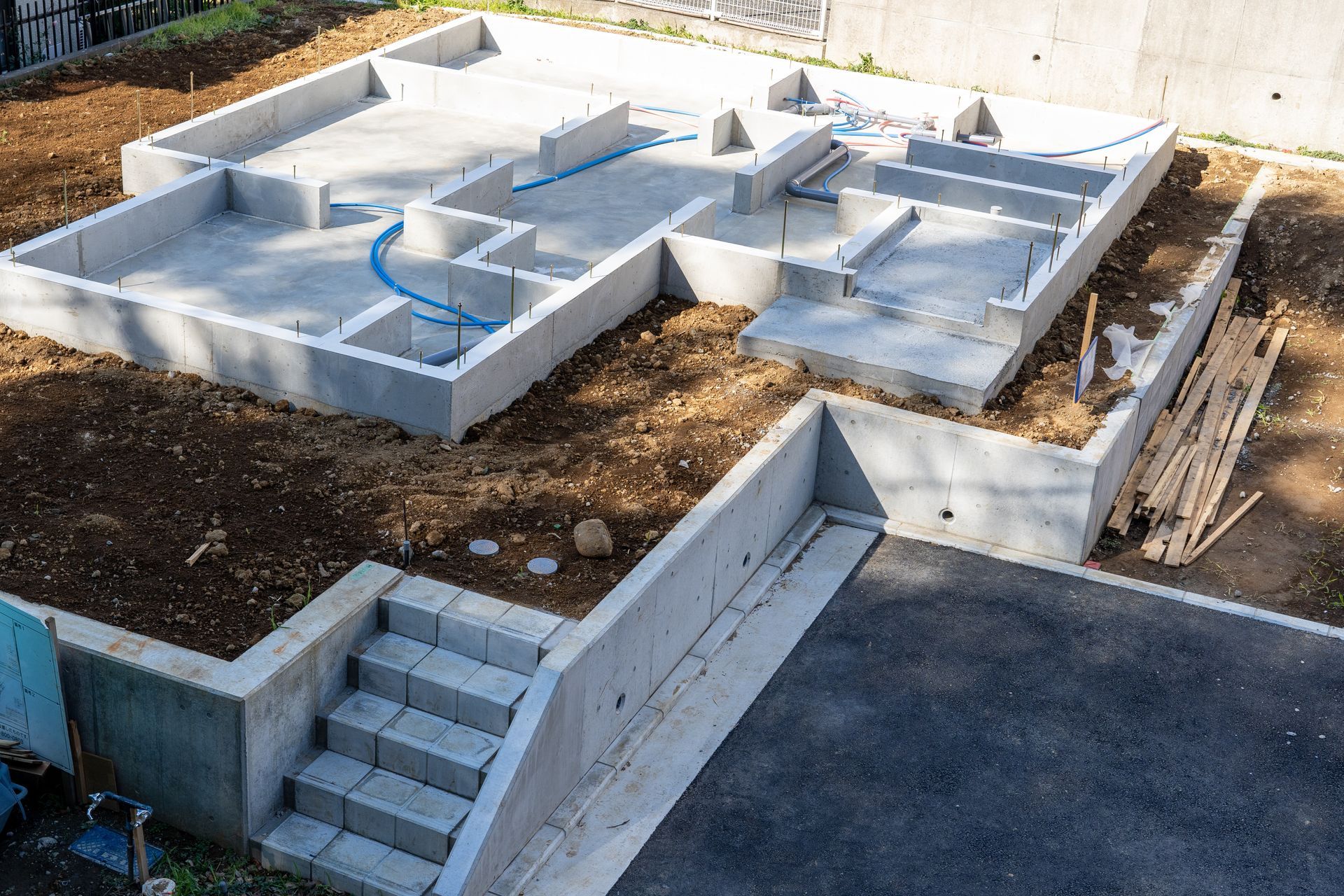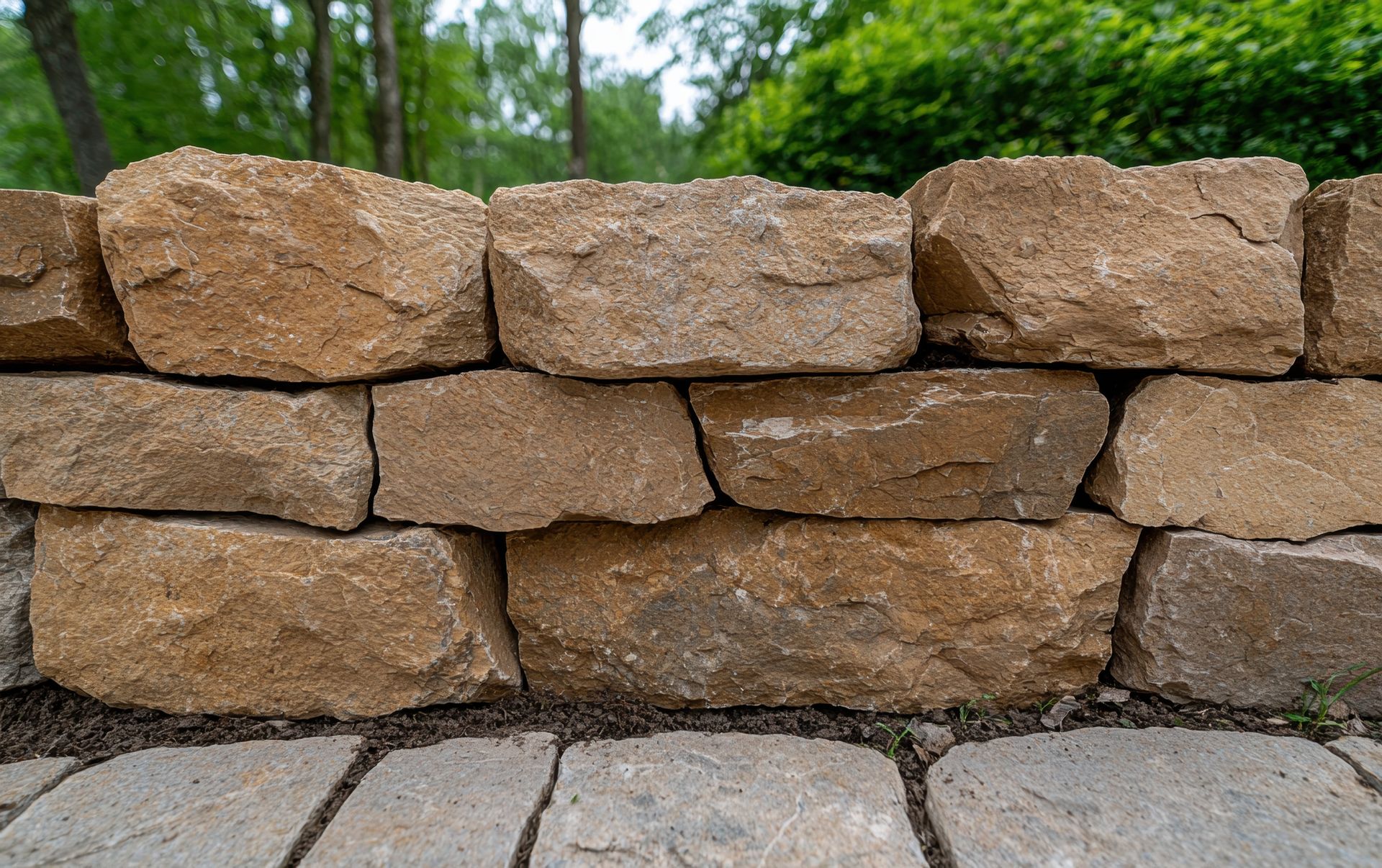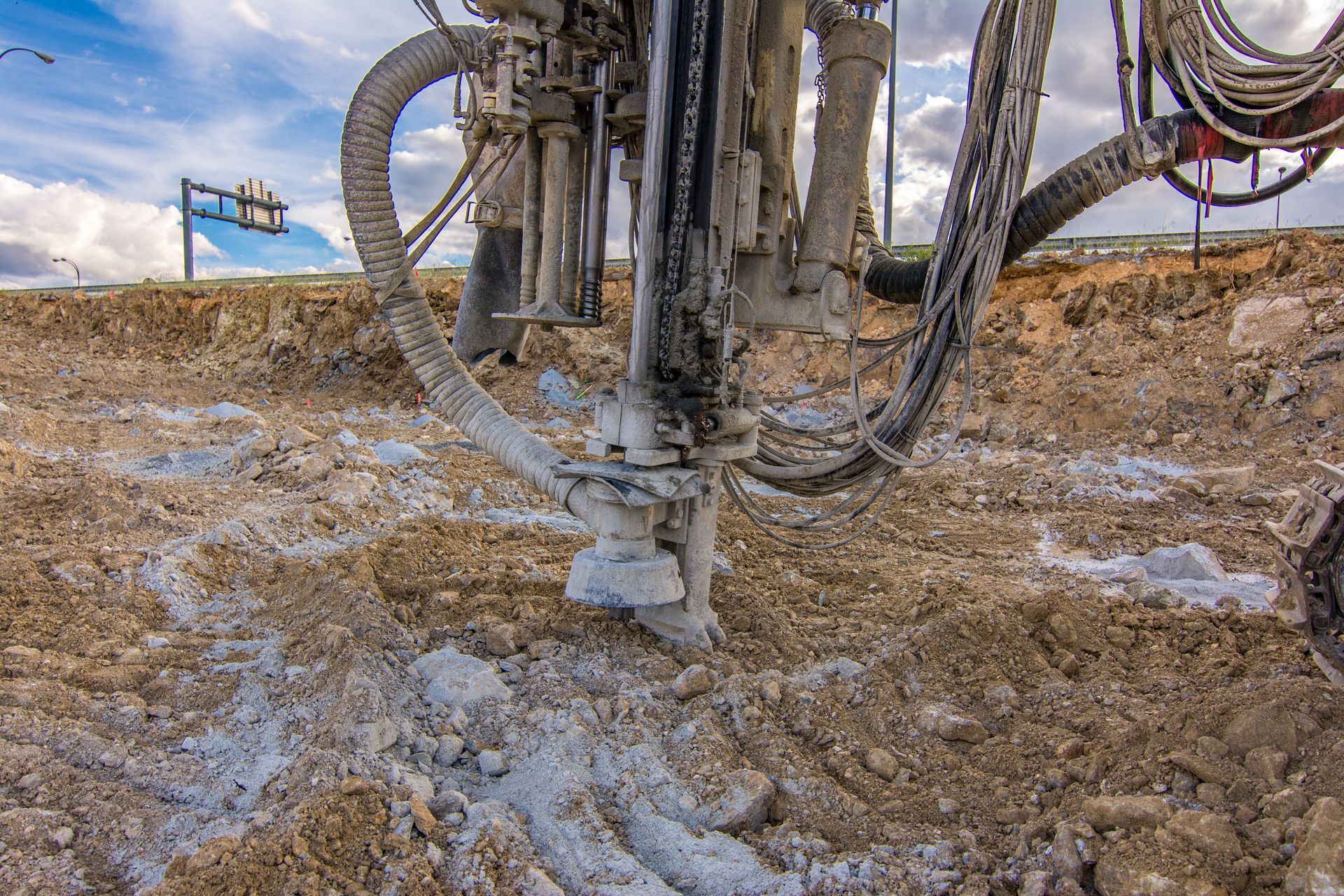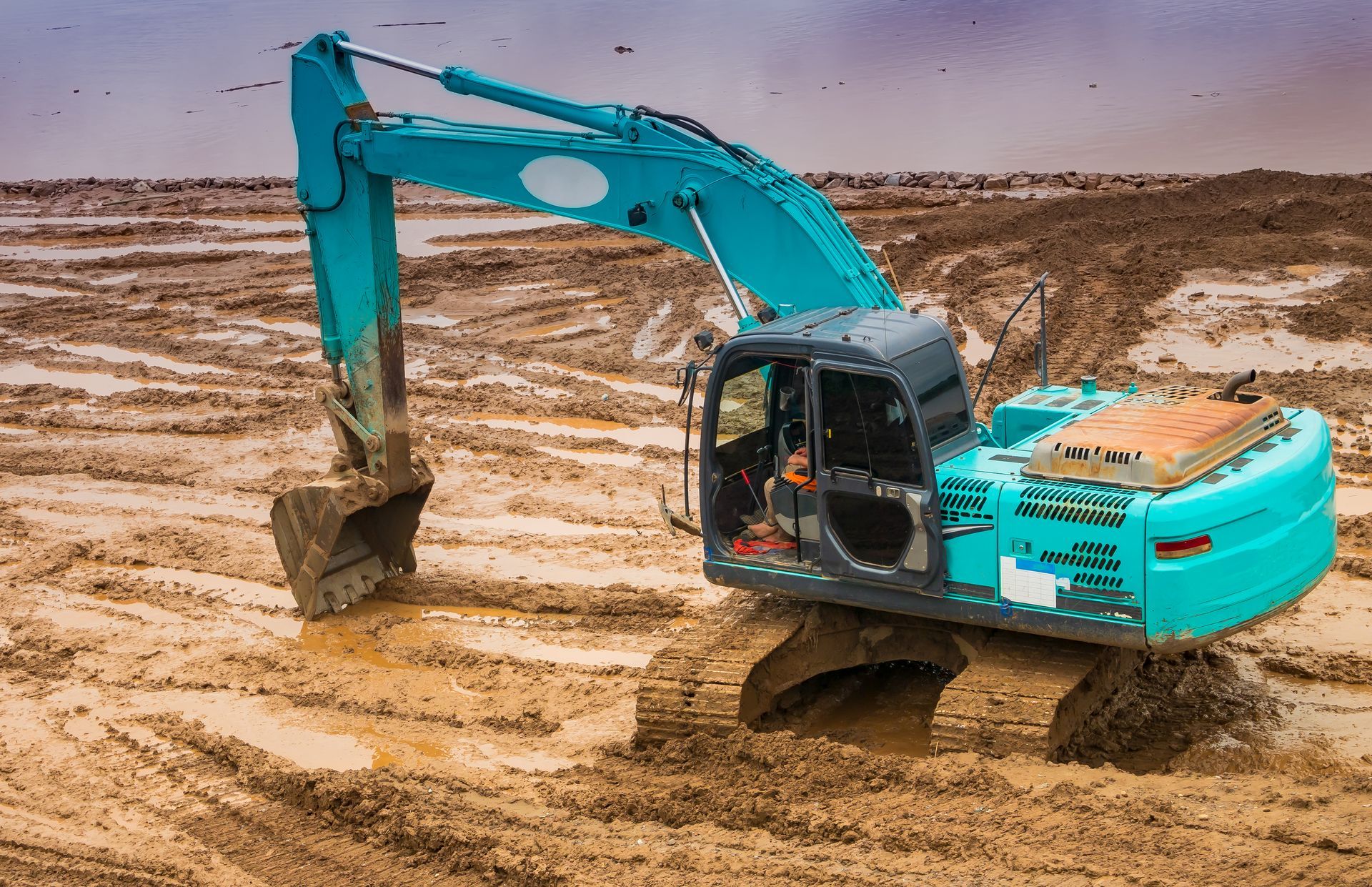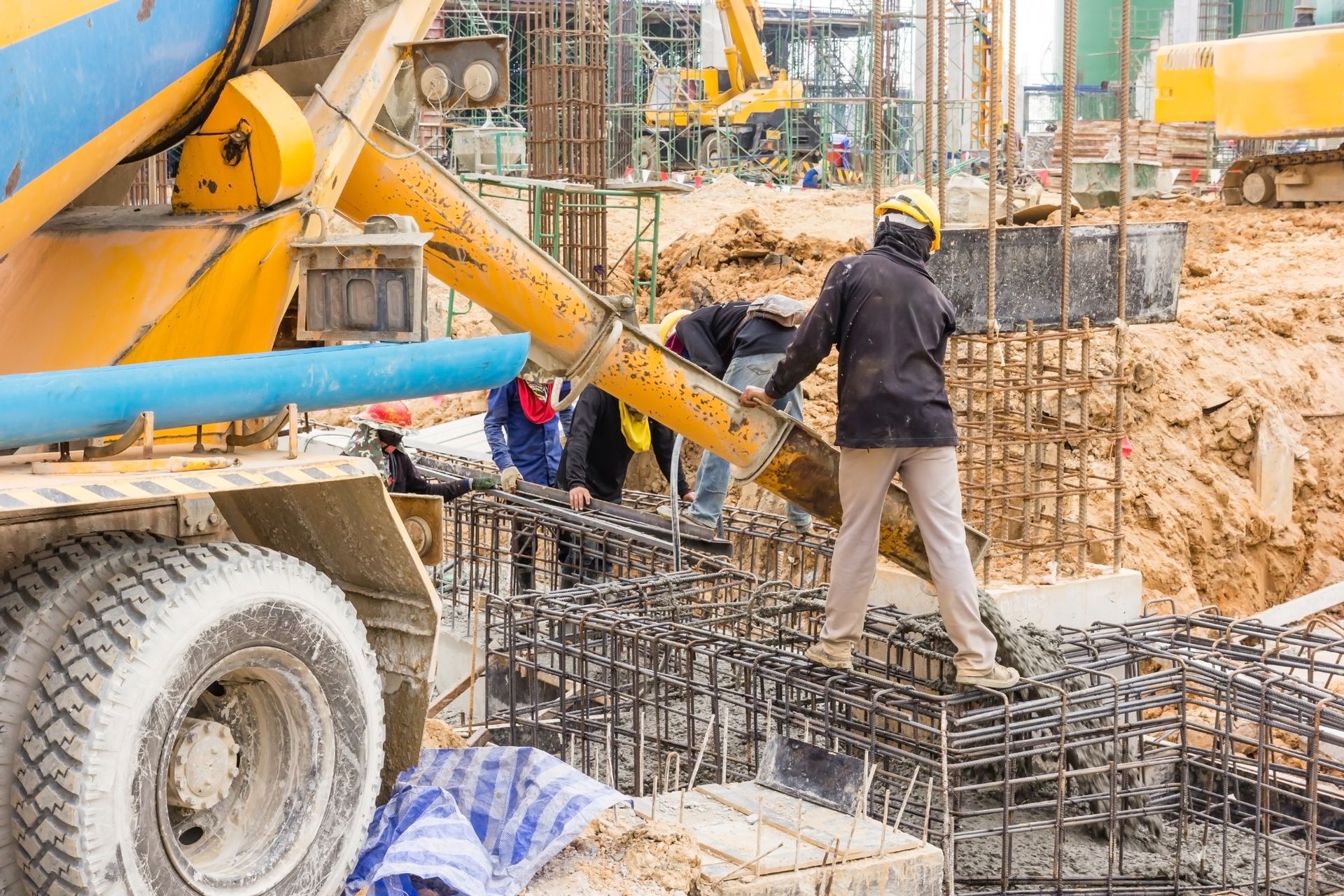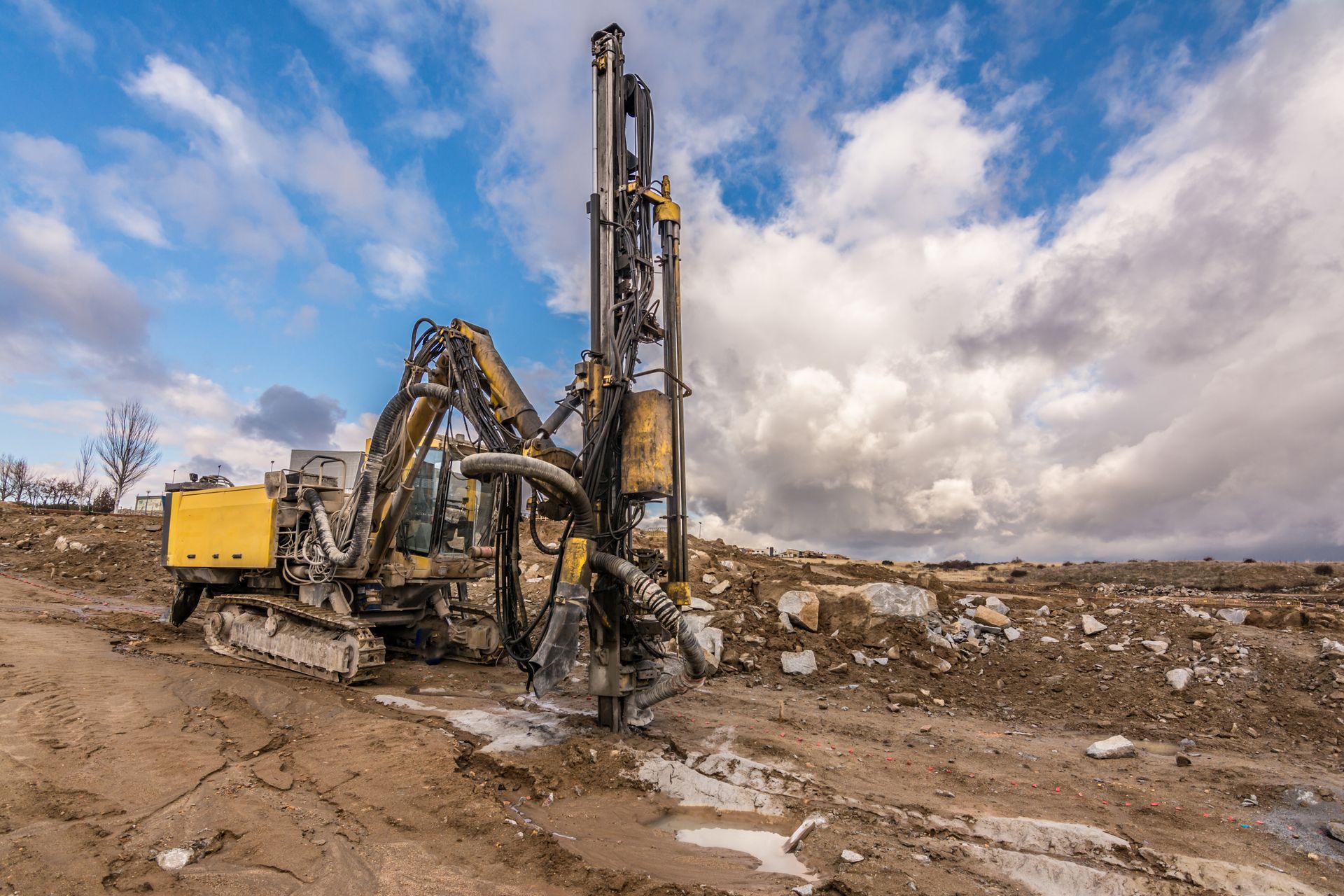What is Geotechnical Engineering?
Think about the buildings, bridges, roads, and other structures that make up our cities and towns. Have you ever wondered how they manage to stand tall and strong despite the forces of nature such as earthquakes, landslides, and floods? This is where geotechnical engineering comes into play.
In simple terms, geotechnical engineering is the branch of civil engineering that deals with the behavior and properties of soils and rocks. It combines principles of soil mechanics, rock mechanics, and engineering geology to analyze and design structures that are built on or in the ground.
In other words, geotechnical engineers are responsible for ensuring that the foundations of structures are safe, stable, and able to withstand the loads and forces placed upon them.
The Role of Geotechnical Engineers
Geotechnical engineers play a crucial role in the development and construction of infrastructure projects. They are involved in various stages of a project, from site investigation and feasibility studies to design, construction, and maintenance. Here are some of the key responsibilities of geotechnical engineers:
- Conducting site investigations and soil testing to understand the properties of the soil and rock at a project site.
- Analyzing data and performing calculations to determine the design parameters for foundations, retaining walls, and other structures.
- Designing foundations, retaining walls, and other structures to ensure their stability and safety.
- Advising on suitable construction methods and techniques to mitigate potential geotechnical hazards.
- Monitoring the construction process to ensure that it is in accordance with the geotechnical design.
- Providing expert opinions and recommendations on geotechnical issues during the planning and construction stages.
- Conducting post-construction inspections and monitoring the performance of structures to ensure their long-term stability and safety.
The Importance of Geotechnical Engineering
Geotechnical engineering is often referred to as the "silent partner" of civil engineering because it is not as visible as other branches of engineering. However, its importance cannot be underestimated. Here are some reasons why geotechnical engineering is crucial in the built environment:
- Foundations: The foundation is the most critical element of any structure. Geotechnical engineers ensure that the foundation is designed to support the structure's weight and withstand external forces such as wind, earthquake, and soil settlement.
- Safety: The primary goal of geotechnical engineering is the safety and stability of structures. By analyzing the soil and rock properties, geotechnical engineers can determine the potential hazards that may affect a project site and design structures that can withstand them.
- Cost-effective: Proper geotechnical design can prevent costly failures and repairs in the future. By conducting thorough site investigations and designing structures based on the site conditions, geotechnical engineers can save time and money in the long run.
- Sustainability: Geotechnical engineers play a crucial role in the sustainability of the built environment. By designing structures that can withstand natural hazards and reducing the risk of collapse, they contribute to the resilience and longevity of our infrastructure.
Common Geotechnical Engineering Services
Geotechnical engineering services are essential for any construction project. Here are some of the common services that geotechnical engineers provide:
- Site investigations: This involves collecting soil and rock samples, conducting laboratory tests, and analyzing data to determine the geotechnical properties of a site.
- Foundation design: Geotechnical engineers design foundations using various techniques such as shallow foundations (footings), deep foundations (piles), and ground improvement methods.
- Retaining walls: These structures are used to hold back soil or rock and prevent erosion or landslides. Geotechnical engineers design retaining walls based on the site's topography, soil properties, and the height of the wall.
- Support of excavation: This involves designing temporary shoring systems to support the sides of excavations during construction.
- Drainage improvements: Geotechnical engineers design drainage systems to prevent water from accumulating and causing damage to structures.
- Slope stabilization: This service involves designing measures to prevent or mitigate landslides and erosion.
- Expert witnessing: Geotechnical engineers may provide expert opinions and testify in court cases involving geotechnical issues.
Meet the Geotechnical Engineering Dream Team - Awar Group Companies, Inc.
At Awar Group Companies, Inc., we have a team of experienced geotechnical engineers who are dedicated to providing high-quality services to our clients. Our team has expertise in a wide range of geotechnical engineering projects, including public infrastructure, commercial and residential developments, and industrial facilities.
Top reasons to choose Awar Group Companies, Inc. for your geotechnical engineering needs:
- Extensive experience: Our team has years of combined experience in the geotechnical engineering field.
- State-of-the-art technology: We use the latest equipment and techniques for site investigations, testing, and analysis.
- Cost-effective solutions: Our team is committed to providing cost-effective solutions that meet the project's needs and budget.
- Attention to detail: We pay attention to even the smallest details to ensure the safety, stability, and longevity of structures.
- Timely delivery: We understand the importance of timely delivery and strive to complete projects within the agreed-upon time frame.
- Continuous learning: Our team is always up-to-date with the latest advancements in geotechnical engineering to provide our clients with the best solutions.
Contact Awar Group Companies, Inc. for Professional Geotechnical Services in Washington, DC
Ready to get started on your next construction project? Contact us at Awar Group Companies, Inc. at (202) 217-6666 for professional geotechnical services in Washington, DC, and the surrounding areas. We also offer a range of other services, including helical piles and anchors, retaining walls, support of excavation, drainage improvements, slope stabilization, and expert witness. Let our geotechnical dream team bring your project to life.
FAQ
What is the difference between a geotechnical engineer and a civil engineer?
A geotechnical engineer specializes in the behavior and properties of soils and rocks, while a civil engineer deals with the design and construction of structures. However, the two disciplines often overlap, and many geotechnical engineers also have a background in civil engineering.
Can geotechnical engineering prevent all types of natural hazards?
Geotechnical engineering can significantly reduce the risk of damage from natural hazards; however, it cannot prevent them entirely. Natural hazards are unpredictable and may exceed the design parameters of structures, causing damage.
What are some common signs of geotechnical problems?
Signs of potential geotechnical problems include cracks in walls or floors, uneven floors or sloping areas, and water pooling in certain areas.
How long does a geotechnical investigation take?
The duration of a geotechnical investigation depends on the complexity of the project, the size of the site, and the number of soil and rock samples that need to be collected. It can range from a few days to several weeks.
Can you provide geotechnical engineering services for small residential projects?
Yes, we offer geotechnical services for projects of all sizes, including residential developments. We believe that every project, no matter how small, deserves proper geotechnical engineering to ensure its safety and longevity.
